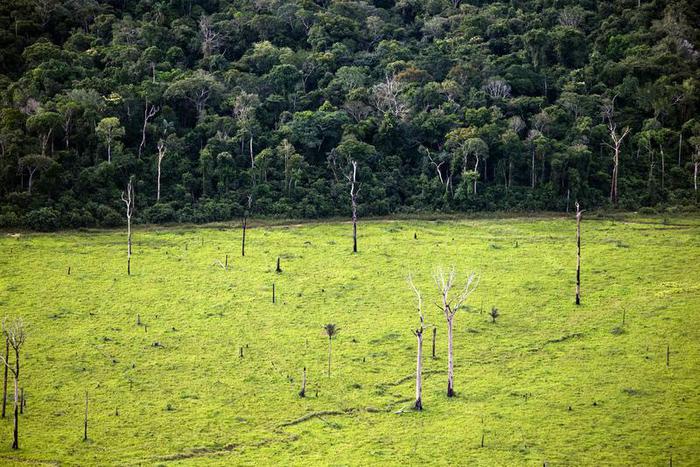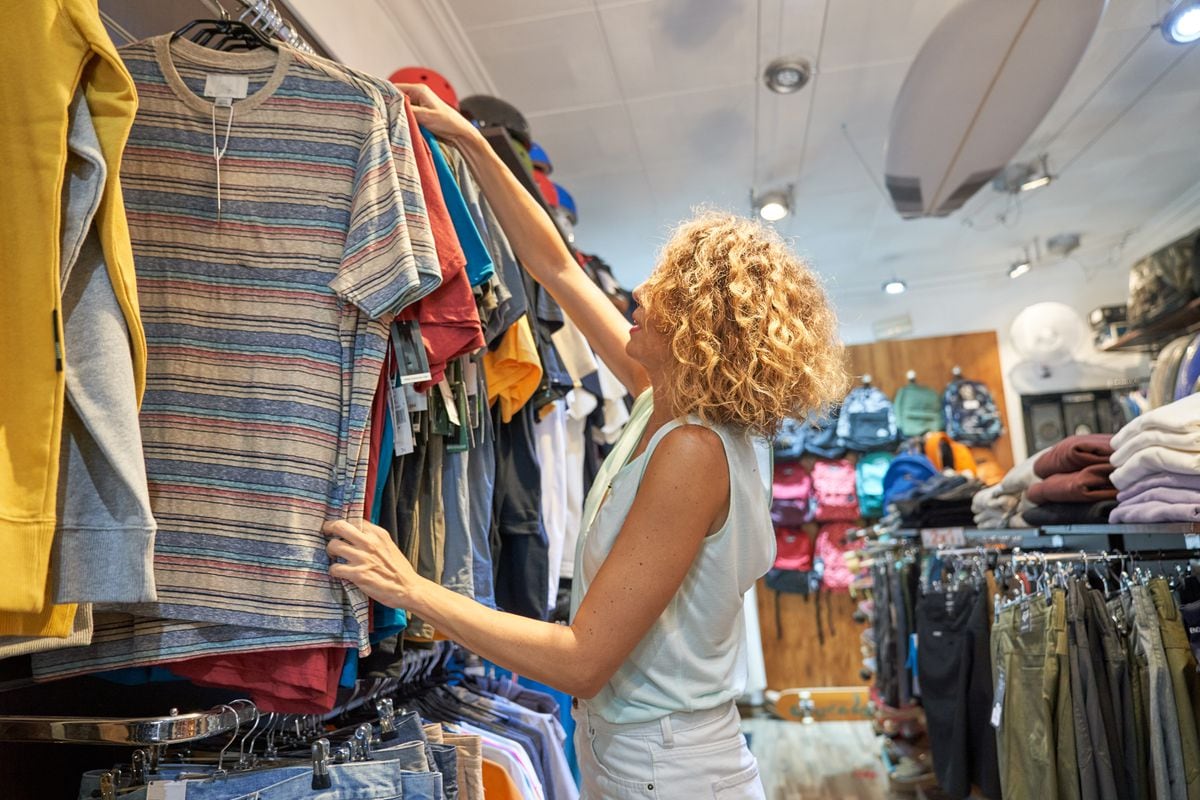The Twenty-seven have reached an agreement on Tuesday on the law that seeks to stop global deforestation, a serious problem that has already caused the loss of a forest mass larger than the surface of the European Union itself.
In a meeting that has lasted until dawn, the Council (the member countries) and the European Parliament have managed to close a provisional agreement on the new regulation that, once it enters into force, will ensure that companies that want to sell in the European market seven products considered "key" and their derivatives have not contributed with their production to deforestation or forest degradation anywhere in the world.
The products included in this new European regulation (which does not need to be transposed into national laws, so its adaptation is faster) are palm oil, cocoa, coffee, rubber, livestock, wood and soybeans. , as well as its derivatives, among others, beef, leather or printed paper products, furniture, cosmetics or chocolate.
This list will be reviewed and updated, taking into account new data, such as changes in deforestation patterns.
The companies that exploit these products and want to market them in the community space must do so with a label that verifies —the so-called “due diligence”— that said goods have been produced on lands that have not suffered deforestation since December 31, 2020 and which also comply with all relevant laws in this regard in the country of production.
In addition, they must collect "precise geographic information" on the cultivation land where these products grew, a trace that allows verification of compliance with all regulations.
For their part, the Twenty-seven must ensure that all those companies that do not comply with the rules receive "efficient and dissuasive" sanctions.
Although the regulations only affect products that enter the EU, Brussels is confident that the impact will be on a planetary level, since the European bloc is one of the largest consumers of these products.
Therefore, "this step will help stop a significant part of global deforestation and forest degradation," said the European Commission in a statement welcoming the agreement on its initial proposal, launched just a year ago.
The discussions on the original text of the European Executive carried out in the European Parliament in recent months allowed the list of products subject to these new regulations to be expanded (such as rubber, charcoal or printed paper products).
They have also succeeded in including a provision that will require the Commission to evaluate “no later than one year after the entry into force” of the regulation if it extends these regulations to other forested areas.
And in two more years, it will also need to assess whether it extends to other ecosystems, including lands with high biodiversity value or importance for carbon storage.
The Zero Deforestation Alliance —which brings together the organizations Greenpeace, WWF, Seo/BirdLife, Friends of the Earth, Ecologists in Action, State Fair Trade Coordinator, CECU and Mighty Earth— has celebrated its “satisfaction” with this agreement.
It has also considered that "the opportunity to include other wooded lands in its scope of application is lost from the beginning", although it appreciates that the Commission leaves the door open to evaluate it later.
The European decision, which comes on the eve of the beginning in Montreal of the Conference on Biodiversity (COP15) that will seek to define goals for the protection of nature for the coming decades, constitutes the "first law in the world that fights against global deforestation", has celebrated by the Commissioner for the Environment, Virginijus Sinkevicius.
The agreement represents an "important turning point in the fight against deforestation", declared the vice-president of the European Commission, Frans Timmermans.
“As we go green in the EU, we also want to make sure our value chains become more sustainable.
Fighting deforestation is an urgent task for this generation and a great legacy for the next”, added the person in charge of the European Green Pact.
As the Zero Deforestation Alliance has recalled, the European Union, due to its imports of agricultural and livestock products, is currently, after China, the second largest global responsible for tropical deforestation (with 16% of the world total, with a total of 203,000 hectares deforested in 2017 and an associated CO₂ emission of 116 million tons).
Soy, palm oil and beef, now included in the regulations, were the raw materials that added the most tropical deforestation to EU imports, followed by rubber, cocoa, coffee and wood products.
Embodied deforestation was higher in imports from Brazil, Indonesia, Argentina and Paraguay, according to the NGOs, which have expressed their hope that at the Montreal event,
Once the European Parliament and the Council formally adopt the regulation, it will come into force, although both operators and traders will have 18 months to implement the rules.
Small and medium-sized companies will enjoy a somewhat longer adaptation period, according to the European Commission.
You can follow CLIMATE AND ENVIRONMENT on
and
, or sign up here to receive
our weekly newsletter

/cloudfront-eu-central-1.images.arcpublishing.com/prisa/5T2APYQYAJMSTHY3RFQYKU4NIE.jpg)

/cloudfront-eu-central-1.images.arcpublishing.com/prisa/KGNL7LPITFFT5BPP4G4PXN5NCU.jpg)



/cloudfront-eu-central-1.images.arcpublishing.com/prisa/OD5MJV26FUPN7IUAUBUZCI5NQE.jpg)

/cloudfront-eu-central-1.images.arcpublishing.com/prisa/FO2F5WJG7FGW7DM7VPOOYNFMFI.jpeg)